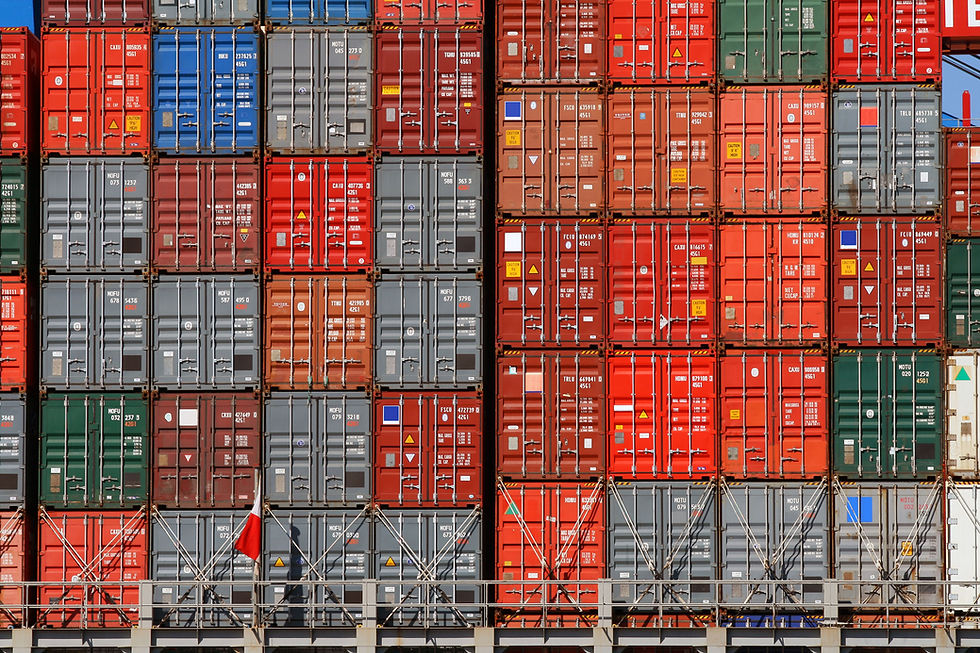Blockchain is biggest Innovation in Shipping industry since Containerization
- Deepak Thacker
- Apr 12, 2021
- 2 min read
SINGAPORE: Globalization has brought the most advanced trading networks the world has seen, with the biggest, fastest vessels, robot-operated ports and vast computer databases tracking cargoes. But it all still relies on millions and millions of paper documents.
That last throwback to 19th century trade is about to fall. A.P. Moeller-Maersk A/S and other Container Shipping Lines have teamed up with technology companies to upgrade the world’s most complex logistics network.
The prize is a revolution in world trade on a scale not seen since the move to standard containers in the 1960s — a change that ushered in the age of globalization.
But the undertaking is as big as the potential upheaval it will cause. To make it work, dozens of shipping lines and thousands of related businesses around the world — including manufacturers, banks, insurers, brokers and port authorities — will have to work out a protocol that can integrate all the new systems onto one vast platform.
Should they succeed, documentation that takes days will eventually be done in minutes, much of it without the need for human input. The cost of moving goods across continents could drop dramatically, adding fresh impetus to relocate manufacturing or source materials and goods from overseas.
“This would be the biggest innovation in the industry since the containerization,” said Rahul Kapoor, an analyst at Bloomberg Intelligence in Singapore. “It basically brings more transparency and efficiency. The Container Shipping Lines are coming out of their shells and playing catch-up in technology.”
The key, as in so many other industries, from oil tankers to cryptocurrencies, is blockchain, the electronic ledger system that allows transactions to be verified autonomously. And the benefits wouldn’t be confined to shipping. Improving communications and border administration using blockchain could generate an additional $1 trillion in global trade, according to the World Economic Forum.
APL Ltd., owned by the world’s third-largest container line CMA CGM SA, together with Anheuser-Busch InBev NV, Accenture Plc, a European customs organization and other companies said last month that they’ve tested a blockchain-based platform. South Korea’s Hyundai Merchant Marine Co. held trial runs last year using a system developed with Samsung SDS Co.
The shipping paper trail begins when a cargo owner books space on a ship to move goods. Documents need to be filled in and approved before cargo can enter or leave a port. A single shipment can require hundreds pages that need to be physically delivered to dozens of different agencies, banks, customs bureaus and other entities.

_edited.png)



Comments